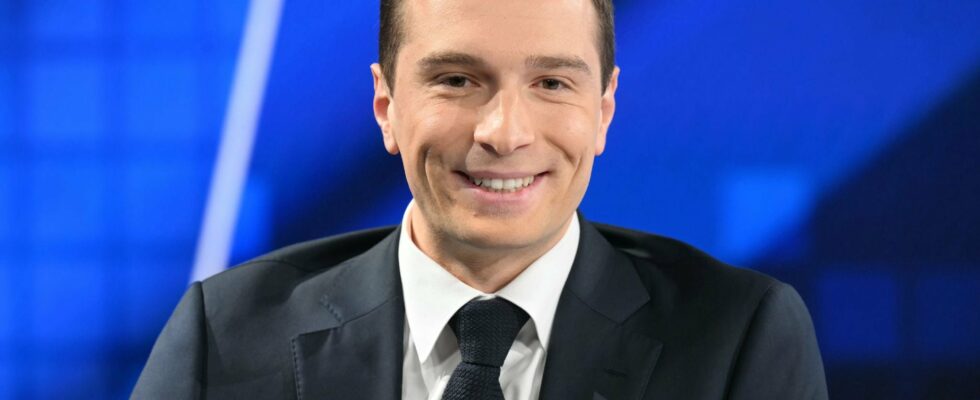There is what we see: the three-way battle, between Jordan Bardella, Valérie Hayer and Raphaël Glucksmann, that of the other lists, less vigorous in the polls, from LFI to the Ecologists via Les Républicains and Reconquête; that of the small lists, communists, left-wing radicals, animalists, patriots, rural alliance, etc. – who try to exist as best they can. And there is what we see less, despite the individualities: the dynamics of Eurosceptic lists on Europhiles. If the former do not criticize Brussels for the same reasons nor offer the same remedies, depending on whether they are on the left or the extreme right, their cumulative voting intentions demonstrate their cultural victory.
Ten years ago, in the 2014 European elections, the National Front certainly came out on top in the European elections – a historic first in a national election – but the pro-European lists remained in the majority in the ballot boxes with the UMP (24.86%), the Socialist Party (14%), François Bayrou’s “L’Alternative” list (9.94%) and EELV (8.95%). The Left Front led by Jean-Luc Mélenchon, which then proposed freeing itself from the Treaty of Lisbon to build “another Europe” obtained some 6%, while the small Eurosceptic lists on the left and right (Lutte Ouvrière, NPA , UPR, etc.) painfully exceeded 1%. But five years later, at the 2019 European elections, a shift: the fall of the PS and LR weakens the Europhiles, and even if the Ecologists do well (13% of the ballots), the total of the four major pro-lists Europe does not reach 50%.
“Our Europe today is mortal”
Looking at all the polls referring to the vote on June 9, it is a safe bet that the progress of the Eurosceptics, more or less severe, is confirmed: Jordan Bardella is announced in the lead, around fifteen points from Valérie Hayer, the Renew candidate, well supported the Reconquest list of Marion Maréchal and that of Florian Philippot. And if on the left, Jean-Luc Mélenchon has given up mentioning the hypothesis of leaving the European Union and the euro since 2019, he remains no less severe towards Brussels, like the communists of Léon Deffontaines or George Kuzmanovic’s little list. In France, the social democrats, ecologists and the European right will emerge from these elections in a weak position.
Which is reminiscent of the state of national opinion on the European question. In a recent Ifop survey for West France, a majority of French people expressed a negative feeling towards Europe, of concern (46%), anger (13%) if not indifference (16%). Only 15% of those questioned expressed their confidence in the EU, and 10% their optimism. One in two French people consider that European construction has positive effects for their country; there were slightly more of them in March 2017, when Emmanuel Macron was elected.
A Europhile candidate if ever there was one, the Head of State promised during his first speech at the Sorbonne to reawaken the union. At the time, the young president astonished with his 77 proposals, re-stimulating, in the opinion of many, collective European ambition. Seven years later, the populists are gaining more and more ground, in France, in Italy or in the Nordic countries, and in another speech, again at the Sorbonne, the same Emmanuel Macron conceded: “Our Europe today is mortal. ” Isn’t the European dream already there?
